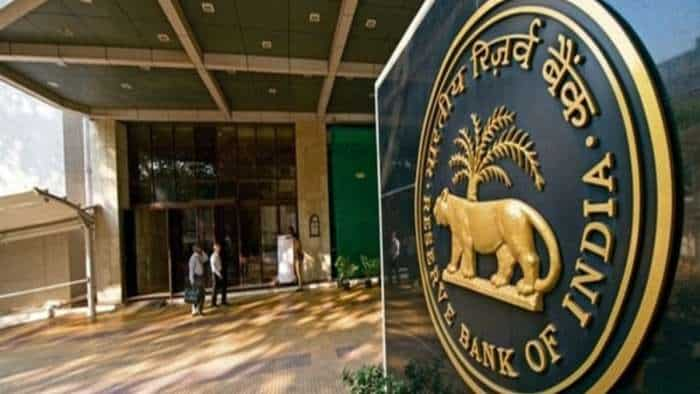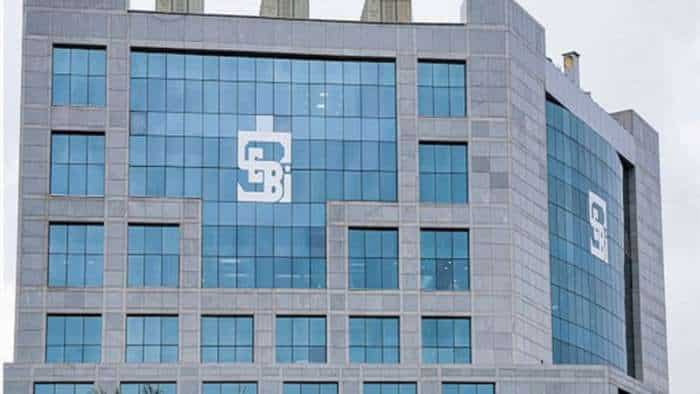IL&FS crisis impact! RBI tightens NBFC credit norms; bank exposure for lending to depend on ratings
RBI in its February 2019 policy has announced measures in order to ensure flexible credit facility to well-rated NBFC.

The NBFCs are facing difficult days in India, largely due to defaulting Infrastructure Leasing and Financial Services (IL&FS) which was once considered as a bluechip infrastructure lender. The investors continue to remove their money in bulk from major NBFCs, especially housing finance companies. The problem of NBFCs is liquidity crunch, and both government and RBI are bringing in measures to solve this issue. Hence, RBI in its February 2019 policy has announced measures in order to ensure flexible credit facility to well-rated NBFC.
"With a view to facilitating flow of credit to well-rated NBFCs, it has now been decided that rated exposures of banks to all NBFCs, excluding Core Investment Companies (CICs), would be risk-weighted as per the ratings assigned by the accredited rating agencies, in a manner similar to that for corporates. Exposures to CICs will continue to be risk-weighted at 100%," RBI said.
Under extant guidelines on Basel III Capital Regulations, exposures/claims of banks on rated as well as unrated Non-deposit Taking Systemically Important Non-Banking Financial Companies (NBFC-ND-SIs), other than Asset Finance Companies (AFCs), Non-Banking Financial Companies – Infrastructure Finance Companies (NBFCs-IFC) and Non-Banking Financial Companies – Infrastructure Development Fund (NBFCs-IDF), have to be uniformly risk-weighted at 100%.
With this, now a bank will decide on loan to NBFCs depending upon their ratings. When IL&FS crisis hit headlines, major NBFCs were trapped, in fact even Sebi unveiled norms which ensures a healthy rating to NBFC from agencies.
R. K. Gurumurthy - Head Treasury, Lakshmi Vilas Bank said, "Repo rate cut will also feed into key benchmark rates and the new lending norms for retail borrowers that becomes operational from 1st April 2019. This will boost retail demand for both housing and auto loans, which are in a majority of the cases priced on a floater basis. FPI limits for corporate bonds have been increased and External Borrowing conditionalities have been relaxed. This should serve to address to some extent the current funding distress faced by some of the NBFCs."
#RBI ने 0.25% घटाई ब्याज दरें, अनिल सिंघवी अपनी स्ट्रैटेजी में पहले ही दे चुके थे संकेत, खब़र पर ऐसी पकड़ और कहां सिर्फ #ZeeBusiness पर।@AnilSinghviZEE @SwatiKJain #CreditPolicy #RBIMonetaryPolicy pic.twitter.com/BHuhiSnpLB
— Zee Business (@ZeeBusiness) February 7, 2019
Going forward, RBI has decided to harmonise major categories of NBFCs engaged in credit intermediation, viz., Asset Finance Companies (AFC), Loan Companies, and Investment Companies, into a single category.
Umesh Revankar, MD and CEO - Shriram Transport Finance said, "The 25 bps cut and other measures by the RBI is a positive step. As the inflation is under control and below 3%, we expected the central bank to reduce the repo rate. A relief on the cost of funds is awaited eagerly by the SMEs as it helps them with reduced borrowing cost and offers much needed impetus, thereby improving their financial health."
Following the policy announcement, the NBFC stocks were trading in a mixed bag.
At around 1336 hours, the S&P BSE Finance was trading 5,872.06 up by 26.98 points or 0.48%.
Stocks like SREI Infrastructure, Manapurram, Muthoot Finance, ICICI Prudential, GIC Housing Finance, L&T Finance Holding, Gruh Finance, Baja Holding, JSW Holding, Religare, M&M Finance and Shriram Transport surged in the range of 3.40% to maximum 9%.
On the other hand, stocks like DHFL, HDFC, Reliance Capital and ICICI Securities tumbled.
Get Latest Business News, Stock Market Updates and Videos; Check your tax outgo through Income Tax Calculator and save money through our Personal Finance coverage. Check Business Breaking News Live on Zee Business Twitter and Facebook. Subscribe on YouTube.
02:48 PM IST











 UPI Lite: RBI raises wallet limit to Rs 5,000, transaction limit to Rs 1,000
UPI Lite: RBI raises wallet limit to Rs 5,000, transaction limit to Rs 1,000 Take prompt action on inoperative accounts & unclaimed deposits: RBI to banks
Take prompt action on inoperative accounts & unclaimed deposits: RBI to banks Banks should adopt 'bottom-up' approach for preparing credit plan: RBI's Swaminathan
Banks should adopt 'bottom-up' approach for preparing credit plan: RBI's Swaminathan At 7-quarter low, has GDP growth bottomed out for now?
At 7-quarter low, has GDP growth bottomed out for now?  Will RBI maintain status quo on repo rate?
Will RBI maintain status quo on repo rate?